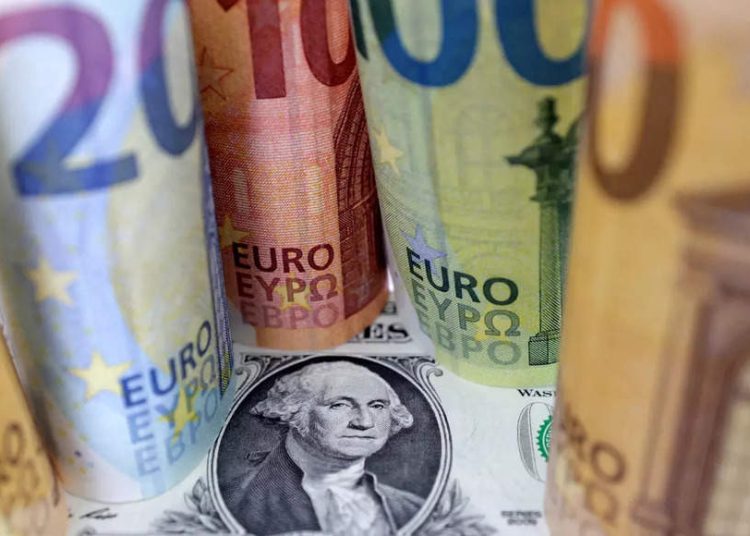Data from the survey published on Tuesday showed the indicator at 52.3, up from 50.8 in January. A reading over 50 represents economic growth.
Output in the single currency bloc turned around in January after a slump tied to supply chain disruptions, the Covid pandemic and the war in Ukraine.
With inflation still high but falling and China reopening its economy after strict Covid lockdowns, European growth has returned, raising hopes the eurozone will escape falling into recession.
“Business activity across the eurozone grew much faster than expected in February,” said Chris Williamson, chief business economist at S&P Global market Intelligence.
The higher figure for the purchasing managers’ index (PMI) would be consistent with the eurozone economy growing at just under 0.3 percent in the first quarter of this year, he said.
But the combination of…
















